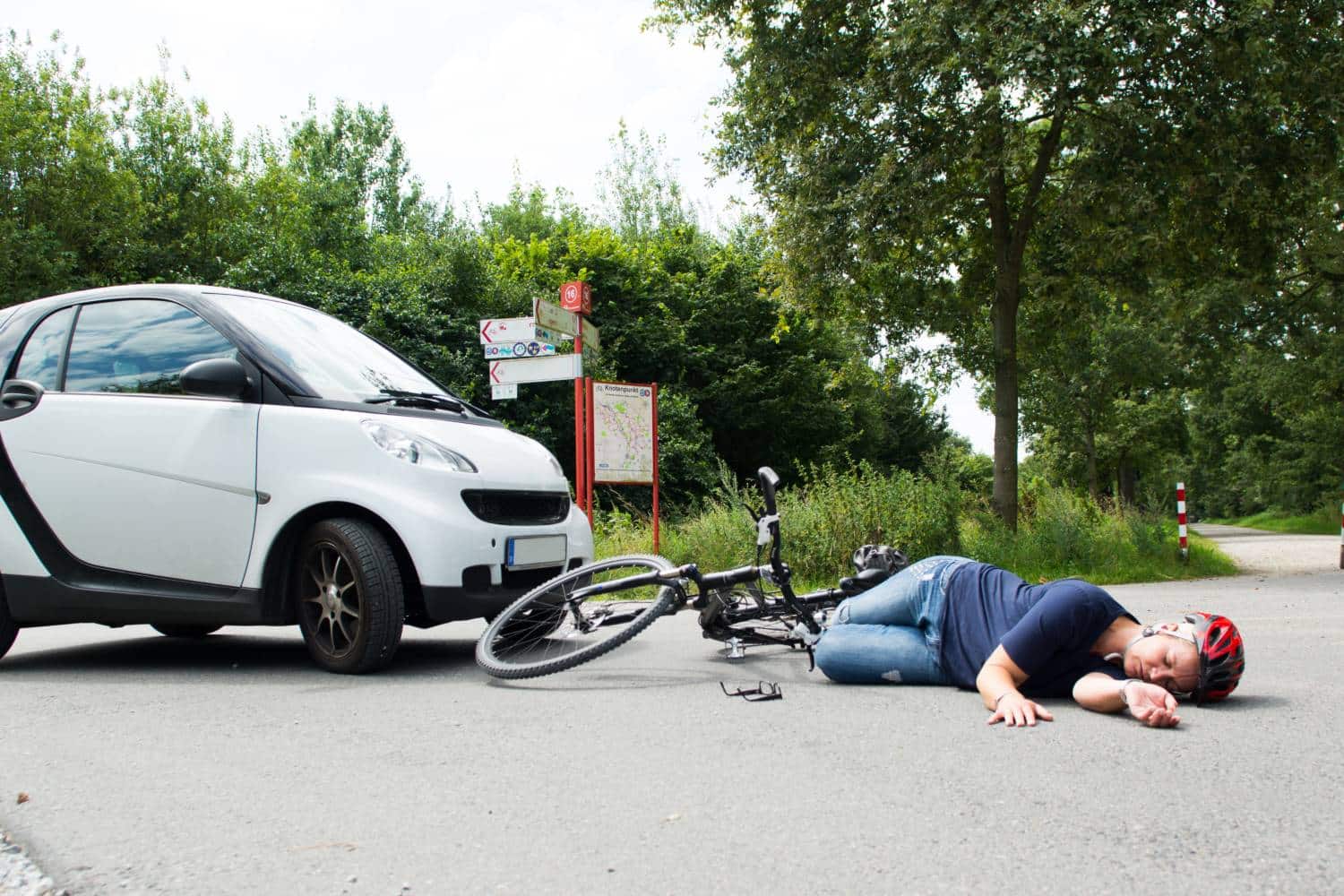Auto accidents, a common yet unforeseen event, can happen to anyone at any time, and their impact can range from mild inconvenience to life-altering trauma.
Regardless of their severity, these incidents often leave individuals in a state of shock and confusion, making it challenging to think clearly and act decisively.
The moments and actions following an auto accident are not only crucial for addressing immediate safety concerns but also play a pivotal role in the long-term management of health, financial, and legal issues that may arise. Understanding the right steps to take in the wake of an auto injury accident is essential in mitigating these potential complications.
The aftermath of an auto accident encompasses more than just the physical damage to the vehicle; it extends to the potential injuries sustained by the individuals involved and the psychological impact of the experience.
Quick and appropriate actions can significantly influence the effectiveness of emergency response, the quality of medical care received, and the efficiency of insurance and legal processes. This initial response sets the stage for a smoother recovery and can help in safeguarding your rights, particularly if the accident leads to legal repercussions.
Therefore, being prepared with knowledge and understanding of what to do after an auto accident is not just a matter of practicality but of utmost importance for anyone who takes to the road.
1. Ensure Safety at the Accident Scene
Immediately after an accident, assess your surroundings to ensure it’s safe to exit the vehicle. If the accident occurs on a busy road, stay inside the car with your seatbelt fastened until help arrives. If it’s safe to exit, move to a secure location away from traffic to prevent further accidents or injuries.
2. Call Emergency Services
Contact emergency services as soon as possible. Even if the accident seems minor, it’s important to have a police report for insurance purposes and potential legal actions. If anyone is injured, request an ambulance. Quick medical attention can be critical, especially since some injuries may not be immediately apparent.
3. Seek Medical Attention
Prioritize your health by seeking medical attention, even if you feel fine. Certain injuries, like whiplash or internal bleeding, may not show symptoms immediately. A thorough medical examination will ensure that any hidden injuries are diagnosed and treated promptly. Delaying medical care can complicate your recovery and affect insurance claims.
4. Document the Accident
Gather as much information as possible from the accident scene. Take photographs of the vehicles, road conditions, and any injuries sustained. Exchange contact and insurance information with the other driver, but avoid discussing fault or liability at the scene. Collect contact information from witnesses, as their statements can be valuable in an insurance claim or lawsuit.
5. Notify Your Insurance Company
Inform your insurance company about the accident as soon as possible. Provide them with all the necessary details and documentation. Be honest and thorough in your report to avoid any complications with your claim.
6. Follow Up with Medical Care
If you’ve sustained injuries, follow your doctor’s recommendations for treatment and rehabilitation. This may include medication, physical therapy, or follow-up visits. Keeping all medical appointments and adhering to treatment plans is crucial for your recovery and for documenting the extent of your injuries.
7. Monitor Your Health for Delayed Symptoms
Be vigilant for any delayed symptoms in the days and weeks following the accident. These can include dizziness, headaches, numbness, or emotional distress. Seek immediate medical attention if you experience any new or worsening symptoms.
8. Manage Mental and Emotional Impact
Auto accidents can lead to mental and emotional distress, including anxiety, post-traumatic stress disorder (PTSD), and depression. It’s important to acknowledge these psychological impacts and seek appropriate support. This may involve counseling or therapy to help you cope with the trauma of the accident.
9. Keep Detailed Records
Maintain a detailed record of all accident-related documents, including medical bills, police reports, correspondence with insurance companies, and any other relevant information. These records are crucial for insurance claims and potential legal proceedings.
10. Consult a Legal Professional
If the accident involves significant damage, or injuries, or if there’s a dispute over who is at fault, consulting with a legal professional specializing in auto accidents is advisable. An attorney can guide you through the complexities of insurance claims and legal proceedings, ensuring your rights are protected.
11. Rest and Recuperate
Allow yourself time to rest and recuperate. Physical and emotional healing takes time, and it’s important not to rush the process. Give yourself permission to take a break from normal activities and focus on your recovery.
12. Seek Support from Family and Friends
Lean on your support network of family and friends during this time. Emotional support is an essential part of the healing process. Sharing your experience and feelings with trusted individuals can provide comfort and aid in your recovery.
Prioritizing Health and Safety Post-Auto Accident
In conclusion, taking the right health and safety actions following an auto accident is crucial for your physical, emotional, and legal well-being. From ensuring immediate safety and seeking medical attention to documenting the accident and consulting legal advice, each step plays a vital role in your post-accident journey.
It’s important to prioritize your health, be vigilant about changes in your condition, and seek support when needed. By taking these actions, you can navigate the aftermath of an auto accident more effectively, leading to a smoother recovery process and peace of mind.
